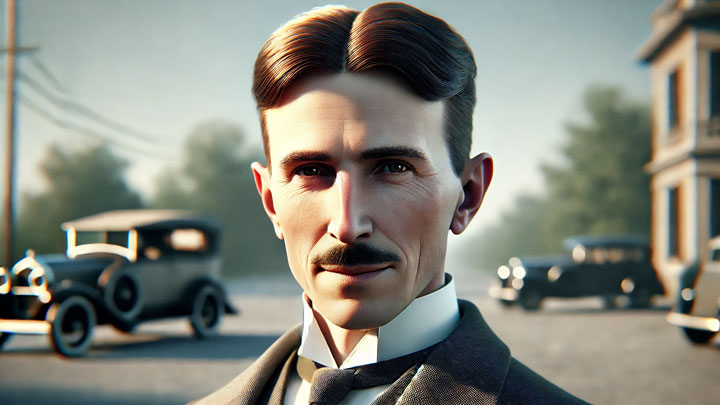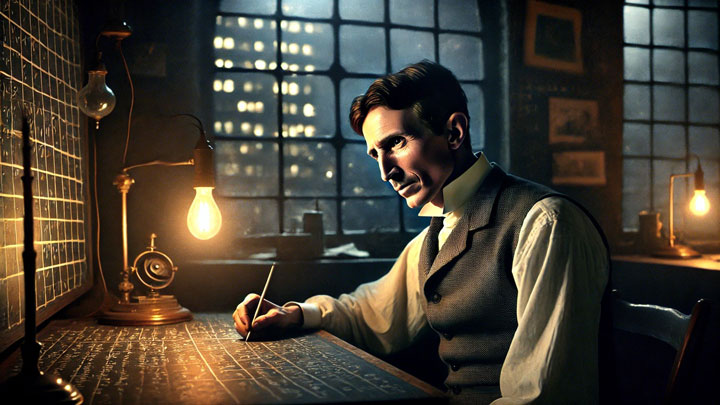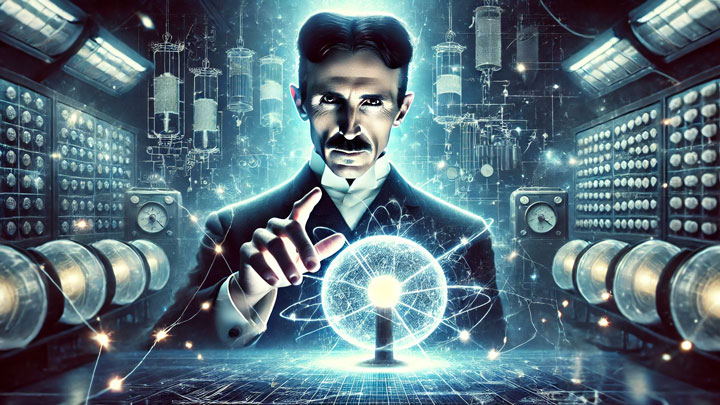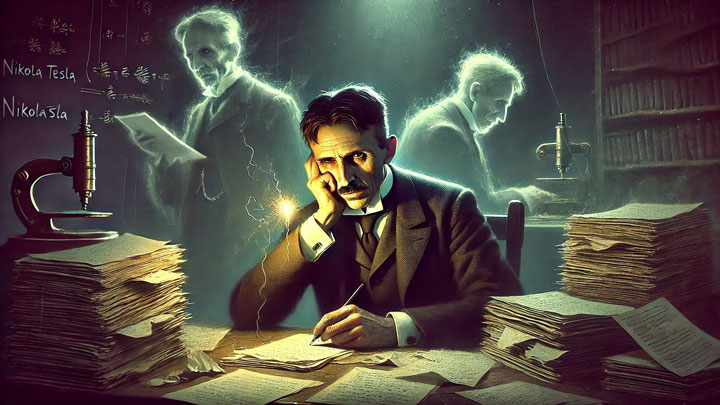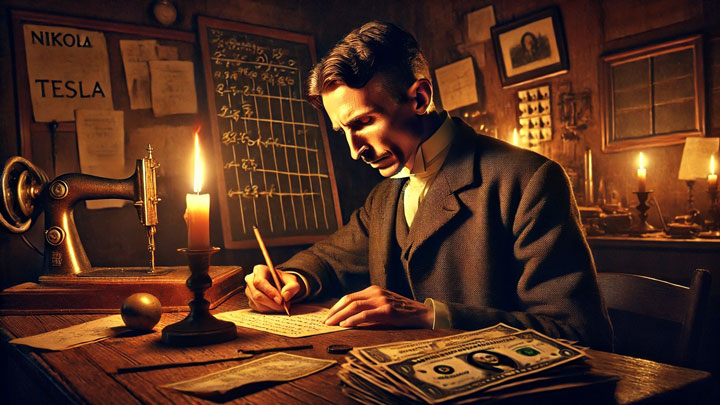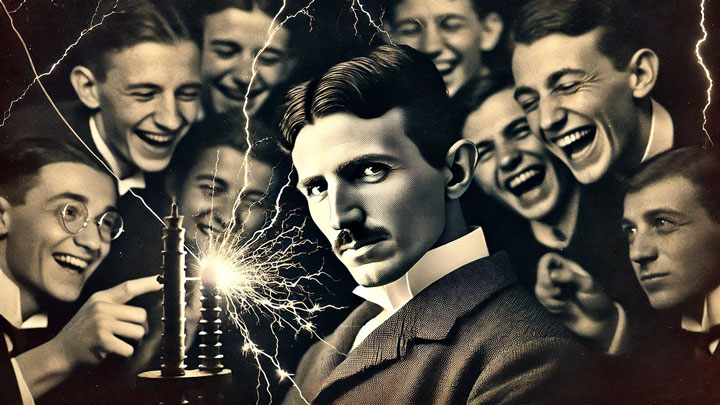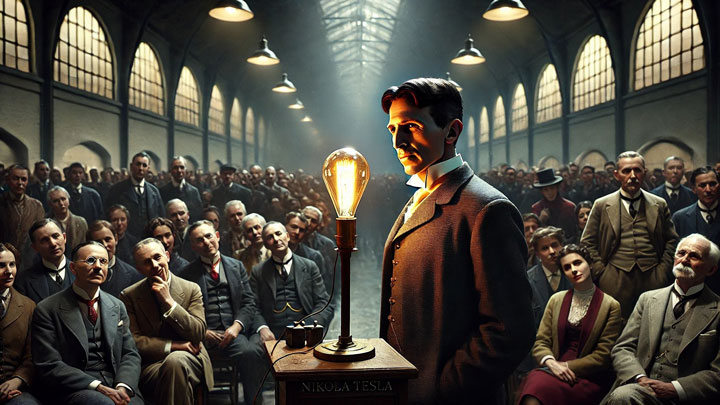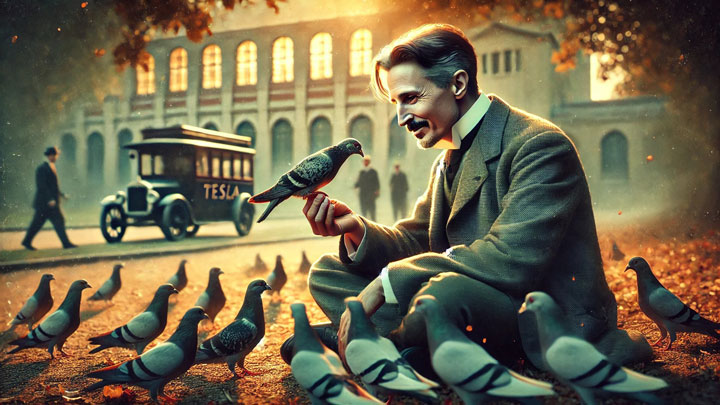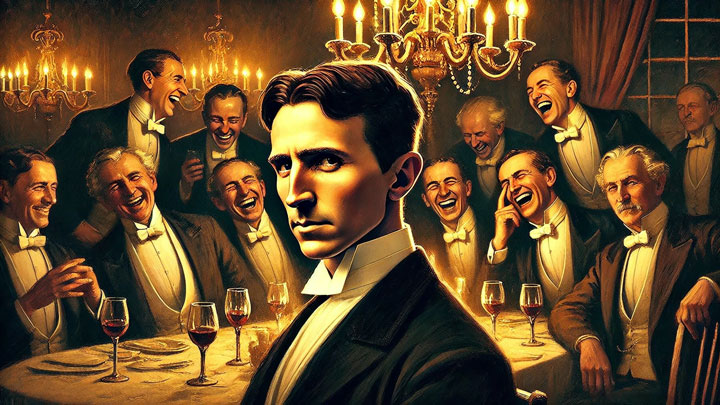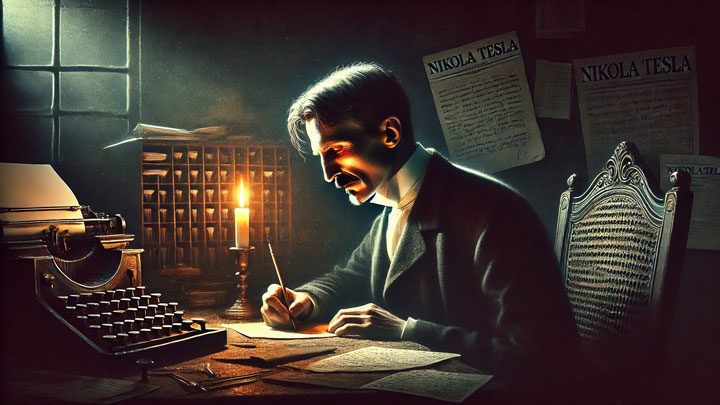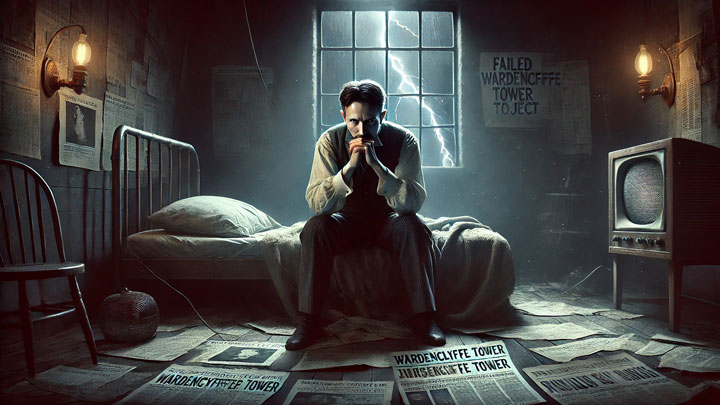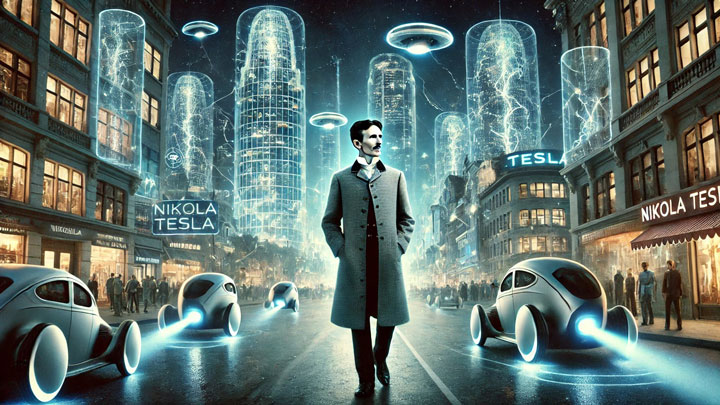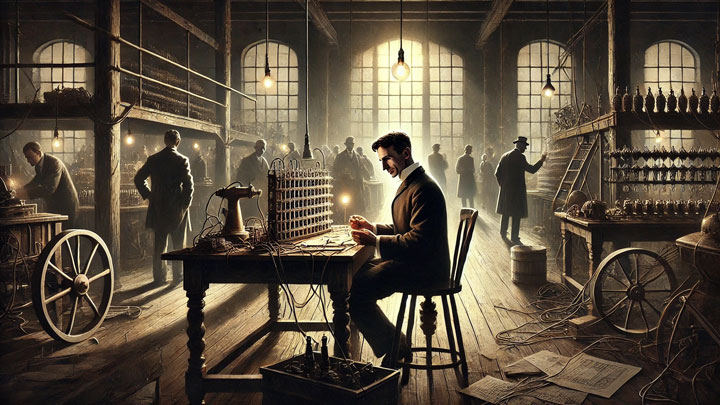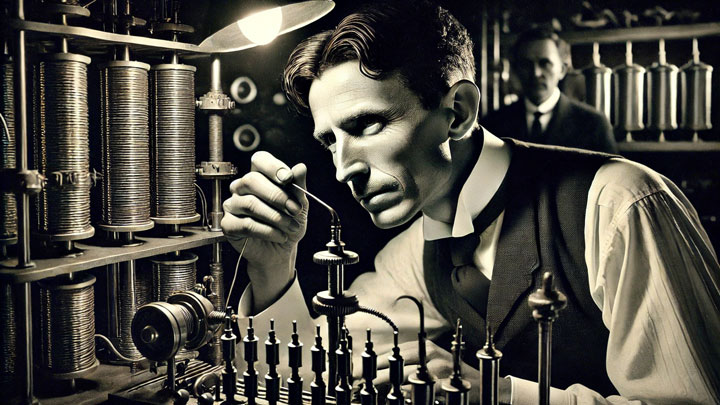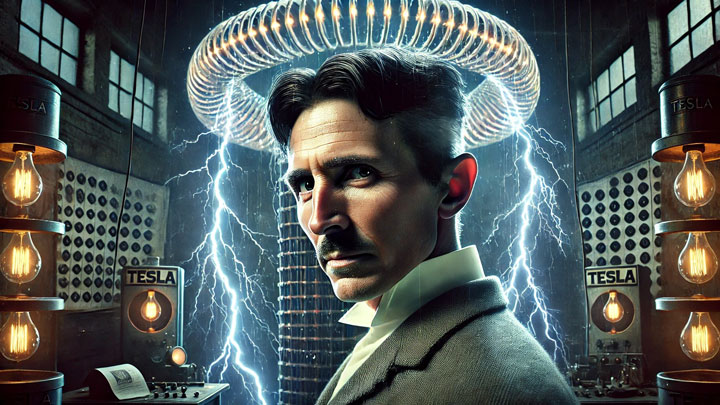
This Personality Report of Nikola Tesla explores his intellect, creativity, and visionary thinking through Cattell’s 16 Personality Factors. Discover the traits behind his groundbreaking innovations.
Personality Report of Nikola Tesla: The Visionary Behind Modern Innovation
Nikola Tesla’s name is synonymous with groundbreaking innovation, visionary brilliance, and extraordinary intellect. This Personality Report of Nikola Tesla delves into the remarkable mind that gave the world alternating current, wireless transmission, and countless other technological marvels. While Tesla’s genius is undisputed, modern psychological interpretations suggest that he may have exhibited significant clinical behavior disorder including obsessive-compulsive behaviors, intense sensory sensitivity, and social isolation traits often associated with the autism spectrum. Understanding these dimensions of the Nikola Tesla personality offers a deeper, more nuanced appreciation of the complex forces that fueled his genius while also challenging his personal life. Explore how his unique psychological makeup contributed not only to his scientific triumphs but also to his profound solitude.
